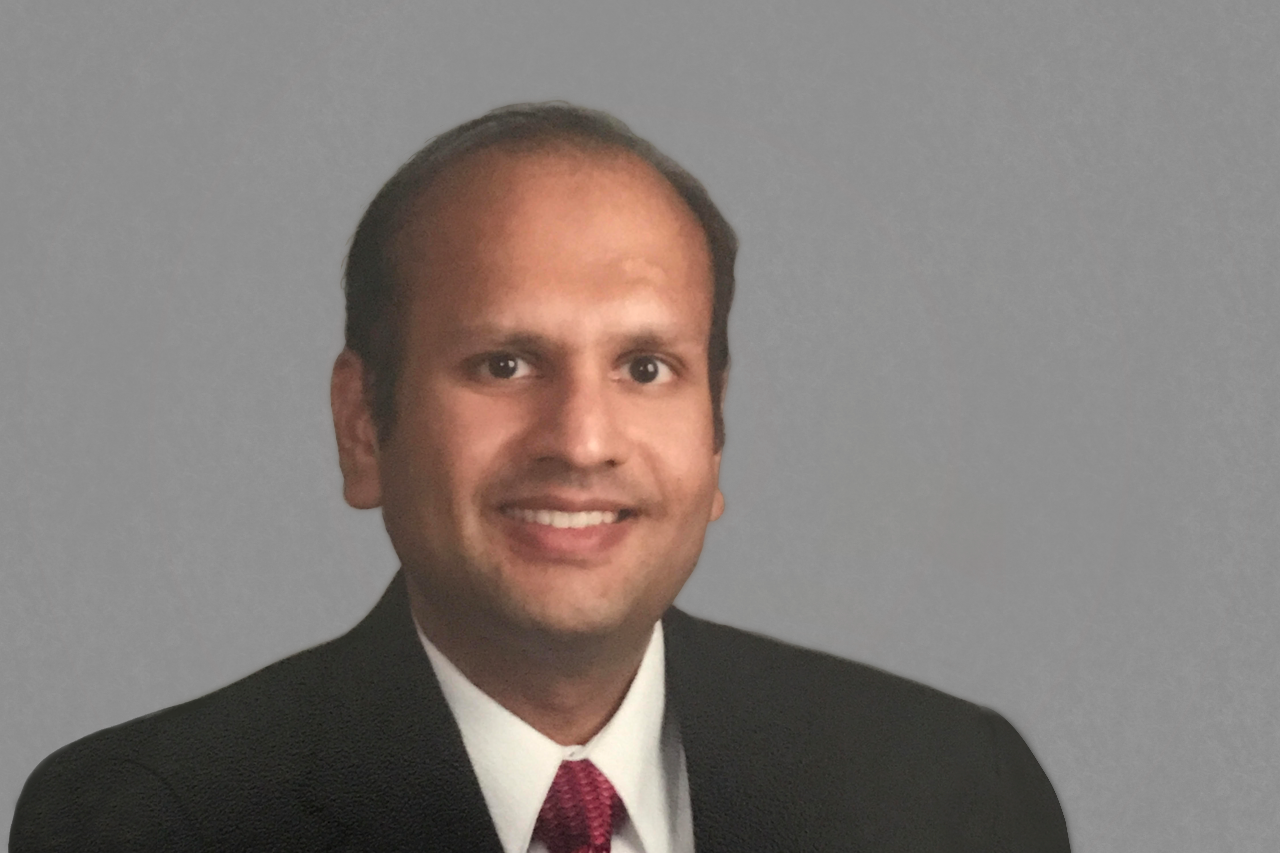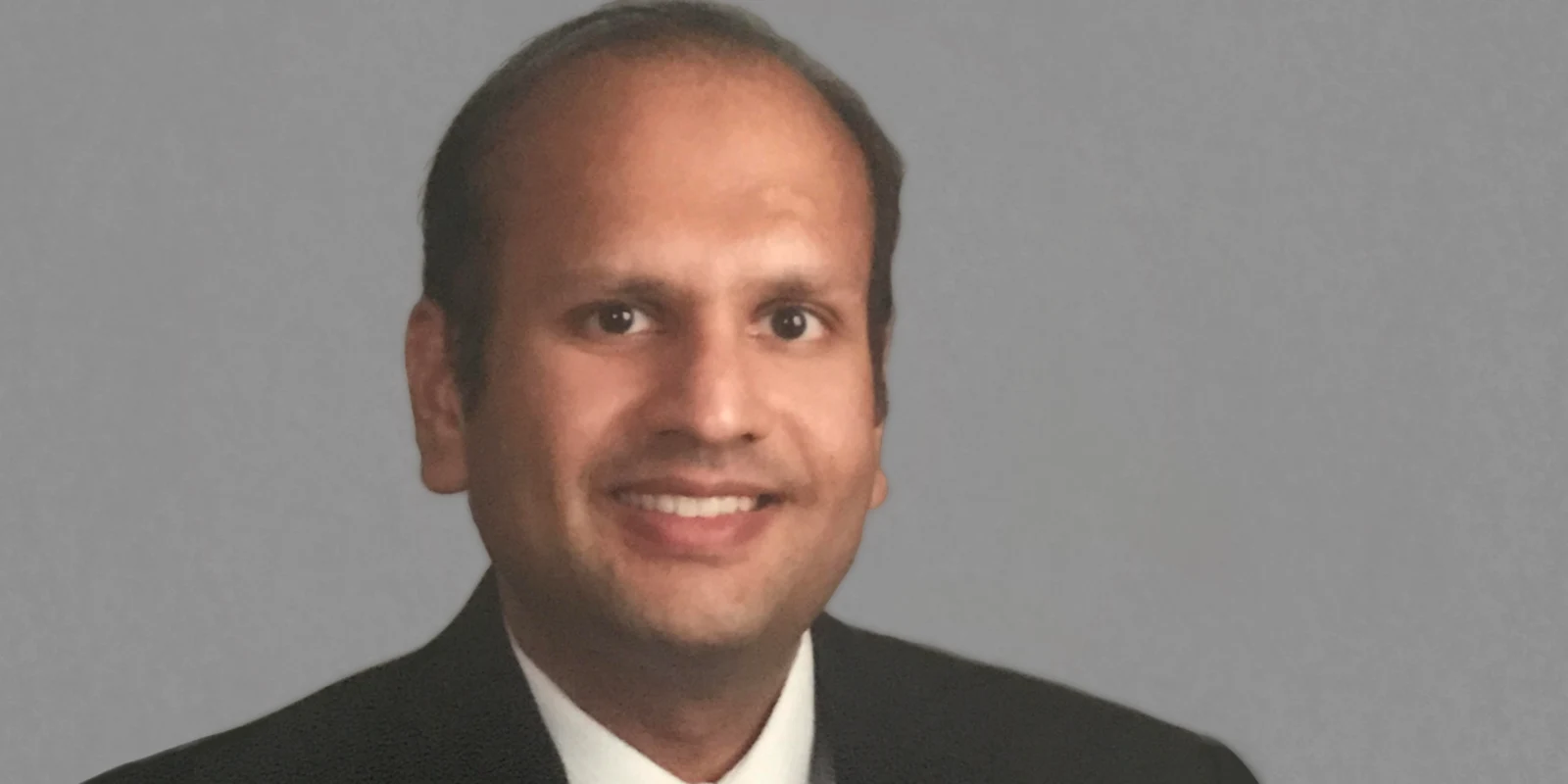
Name: Ankush Bansal, MD, FACP, SFHM, FABDA
Specialty: Internal Medicine
Education: Christiana Care Health Services, Creighton University School of Medicine, Virginia Commonwealth University, Thomas Jefferson High School for Science & Technology
Areas of Expertise: Hospital Medicine/Hospitalist
Current Position: Hospitalist, Telemedicine Physician, Advisor and Consultant
1. Why did you choose internal medicine?
I chose Internal Medicine because I like being able to treat many different things and being challenged throughout my career intellectually while still being able to do some basic procedures.
2. What area of your specialty is changing most rapidly?
I think the whole field of internal medicine is changing. The first seismic change was the rapid expansion/adoption of hospitalist medicine in the mid-1990s. This has led to sub-specialization of inpatient vs outpatient medicine. The next seismic change is just starting to happen with lifestyle and preventive medicine.
Internal medicine currently is primarily about reacting to disease with medication and procedures. What is needed is to go back to basics — lifestyle and prevention. It’s what we always recommended and what is needed now more than ever in human history as we face the epidemic and scourge that over 80% of all medical care is for chronic, mostly preventable diseases.
3. Outside of your daily practice, do you have any personal or professional projects that you’re passionate about?
I’m interested in getting people to change lifestyles because it’s been proven time and again, including in randomized clinical trials, to be healthier than any medicine and sustainable over one’s lifetime. My other passions are access & equity in healthcare, particularly in our healthcare system and in environmental protection and restoration. I care about the latter issue for two reasons: 1) I want to preserve the same natural wonder (including animals) when I’m old as I did when I was a child and 2) the environment has a direct effect on human health — I’ve seen it in Florida as have all doctors around the world even if they won’t admit it.
4. What is the last journal article or piece of research that significantly changed your practice?
Many journal articles from the last 5 years changed my practice and many from this year alone. Unfortunately, they don’t get the adoption or attention they need.
One of the most recent ones showed that coronary stents in stable angina patients are no better than placebo. Many of us knew this but the drive to treat coronary problems with interventional techniques rather than frank discussions and long-term counseling/assistance through lifestyle, primarily diet, changes as well as the drive to generate income drove this. We now have proof that I can show to patients and push back on cardiologists who only have their “experience” to rely on and not evidence.
5. What are your research interests?
While I don’t do formal research, my interests are in diet, lifestyle, and prevention, including vaccines. I think the biggest issue by far in this country with respect to medical care and outcomes is our horrendous American diet, particularly Southern cooking. No culture in human history ate like this because every culture knew it was unhealthy. Sixty years of research have shown that simply changing diet to a plant-based, whole food diet can drastically improve health at the individual and population levels. That’s my interest when I see patients. Modern pharmaceutical medicine is great and necessary but incomplete.
6. What is a common misconception that other clinicians have about internal medicine?
Many specialists, and unfortunately, many patients, think that internal medicine is for substandard doctors that know only the basics and can’t treat complex problems. I see this often in the hospital before I’ve ever met some specialists and patients. It used to be that the primary care specialties, including internal medicine, treated everything and only called in the specialist for complex, strange, or rare cases. That’s not the case anymore, sadly.
The side effect is the perception that the specialist knows more about medicine than the internist or hospitalist. We all know that’s not usually the case, especially since internists/hospitalists treat the whole patient and all systems, not just one particular organ or system.
7. What is the biggest challenge or obstacle in internal medicine?
The biggest challenge in internal medicine is respect. This takes on the form of respect from other specialties and patients, reimbursement, choice of specialty by new graduates, and hassles from employers, insurance companies, PBMs, hospitals, etc.
The primary care specialties: pediatrics, family medicine, and internal medicine should be the backbone of our medical system and efforts should be made to make it more attractive to graduates, less cumbersome on a daily basis, practical from financial and logical standpoints, and celebrated by all stakeholders including patients.
8. Who are your mentors?
I have mentors since high school. In high school, they were my astronomy teacher, Lee Ann Henig, and my biology teacher, Charles Sane, who taught me to think more critically and analytically than I had before. In college, it was my embryology teacher, Carolyn Conway, who made me work harder than any course in college but where I learned so much material that some of the details still stick in mind. There were several in medical school and residency. But what these professors and physicians had in common was encouraging curiosity and commitment to ongoing education. That’s what I believe a mentor should do.
9. What’s the best advice you’ve ever received?
The best advice I ever got was to focus on what you’ve trained to do and studied since training, and to know what the patient would want and need were the roles reversed. This came out of fears we all have about criticisms from other doctors, concerns that the patient or family may be upset by an outcome, or the specter of a lawsuit. A related piece to this is to take charge of your profession and patient against competing interests from insurance, hospitals, and other parties. It’s far more important to show compassion, confidence, reflection and learning, and interest in a patient than to get everything right, every time.
10. What has been your most gratifying moment of being a clinician?
The most gratifying moment happened when I was a medical student in my third year. I did a family medicine rotation in a very rural western town. My attending, a family practitioner, delivered babies, including performing Caesarean sections. We had one patient who wanted to deliver her twins in that small town rather than at a larger, urban, tertiary referral center. I assisted with delivery of both babies. Both required subsequent transport to the urban hospital for NICU care, but both did well. That was one of the most memorable moments of my career.
11. How do you unwind after a challenging day?
If a day has been especially difficult mentally, which isn’t often anymore, I will usually watch a comedy movie at home to get my mind off things. I used to talk to other people about it but I’ve discovered that only other physicians and nurses really understand what we see in hospitals on a daily basis and I don’t want to pile on my burdens onto them when they have similar difficult days. I appreciated the importance of comedies far more after medical school.
12. How do you motivate patients to do what’s best for their health?
There are a couple ways to motivate people, particularly lifestyle changes. I remind or make them think about what they are living for whether it be their kids, grandkids, retirement, a vacation, the next election, etc. Often that works and then I can get them from the pre-contemplative to the contemplative or even preparation stages.
The other motivator is maintenance of independence in everyday activities. This potential loss scares most people. For men under age 60, I can appeal to more baser reasons: looking better or even more motivating, being able to perform well with their partner. This works for smoking, diet, diabetes, heart disease, and other very common diseases we all treat.
13. What are your favorite Doximity features and how have they helped your productivity (Dialer, DocNews, Career Navigator, e-Fax, etc.)?
DocNews is my favorite Doximity feature. The vast majority of the time, I find more than a few interesting news stories on the site and even research papers that I hadn’t heard about yet from other sources. It’s also comprehensive so I can use it as my starting point for what’s been going on in research and the field each week.






